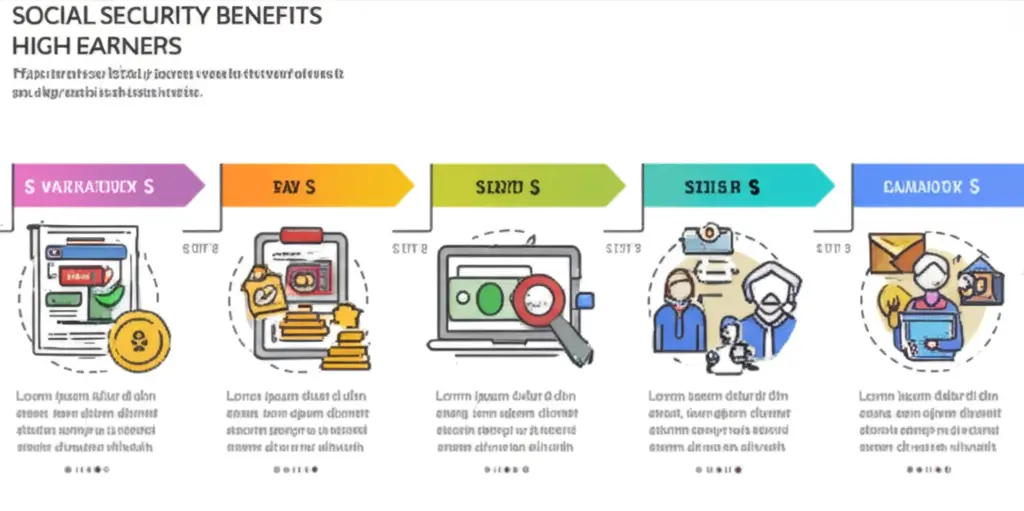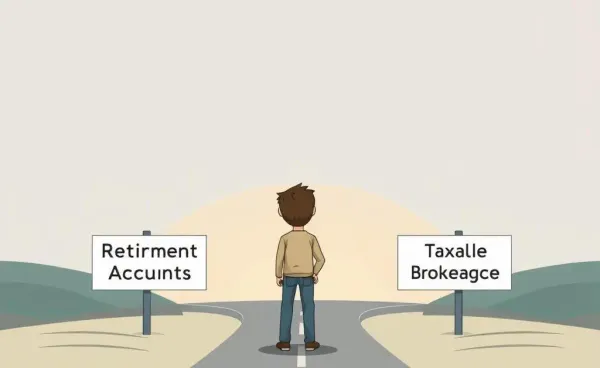Why High Earners Shouldn't Overlook Social Security Benefits
High earners, don't ignore your Social Security benefits for a comfortable retirement.

Hey there! If you're a high earner, you might think Social Security benefits are the least of your concerns as you plan for retirement. I'll admit, it's easy to overlook them when you are anticipating a plush nest egg from your investments. But here's the thing: Social Security can still play a crucial role in ensuring a secure financial future.
Why High Earners Should Care About Social Security
Let's get something straight: Social Security isn't just a safety net for those with modest wages. It's also a critical part of the retirement picture for high-income individuals. By contributing to the system throughout your career, you're building a foundation of benefits that can combine with other assets to make retirement more comfortable.

Maximizing Your Benefits
As a high earner, you'll hit the cap on Social Security contributions pretty quickly each year. The good news? This also means you're likely to receive near-maximum benefits. Here's how to make sure you get the most out of it:
- Delay Your Benefits: By postponing your benefits past your full retirement age, you can increase your payments. Delaying until age 70, for example, results in an increase of about 8% each year.
- Understand Your Earnings Record: Check that your earnings history is correct, as your benefits are based on your 35 highest-earning years.

Social Security Versus Personal Savings
You might wonder how Social Security stacks up against personal savings. Truth is, having a diversified income stream during retirement, including Social Security benefits, can reduce withdrawal rates from your savings, allowing your personal nest egg to last longer.
It's the kind of buffer that can help weather financial uncertainty or additional expenses that might crop up in your later years.

How to Incorporate Social Security into Your Retirement Plan
The key is to not treat Social Security as inconsequential. Instead, think of it as a fixed, inflation-adjusted income stream that can supplement your other retirement strategies. Here are a couple of approaches:
- Integrate Benefits into Cash Flow Plans: Consider your Social Security benefits as a way to cover fixed expenses.
- Seek Professional Advice: Consulting with a financial advisor can offer insights specific to your situation and how best to incorporate these benefits alongside your other assets.
At the end of the day, Social Security might just be the piece of the puzzle that brings peace of mind to your retirement planning. After all, who doesn't want a predictable income source that grows with inflation and provides extra financial resilience?
Final Thoughts: Have you considered how Social Security fits into your retirement strategy? Exploring its potential can be eye-opening, so don’t brush it aside!




